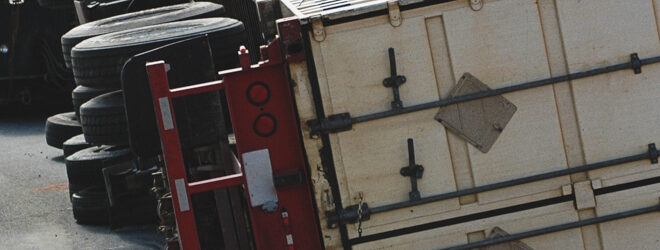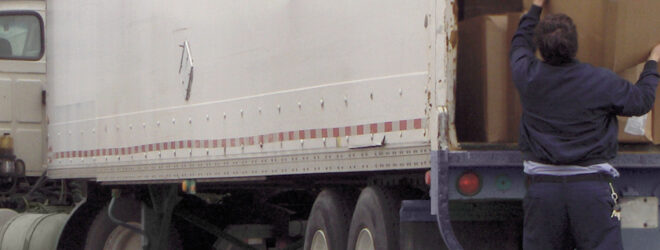Dash cams can offer drivers more control over collision reporting and liability. This technology can capture images and videos of crashes and near misses, offering views that were once limited to drivers alone. In addition to helping determine fault after a collision, dash cam videos even supply information about underlying habits before any damage is done.
In 2021, the number of injuries from car collisions in Canada increased by 3.6 per cent. However, fatality rates have been decreasing since 2010. This can be attributed to many factors such as stricter vehicle safety guidelines, improved street infrastructure, and improved technology.
Improper lane changes, impaired driving, and failure to obey traffic laws can all lead to potential collisions. Dash cams promote safety in several ways and may help capture important footage in the event of a collision, while protecting you from liability and long-term damage.
How do dash cams promote road safety?
Some drivers are initially wary about the idea of every turn being monitored, and cite privacy concerns. But proactive fleets have been able to demonstrate how the latest technology can be used to support a driver’s version of events, enhance training, and support incentive programs. Even the mere presence of a camera will encourage drivers to monitor their own actions more closely.
How to choose a dash cam
Camera choice determines just how useful the recorded images will be. Here are some things to consider in your search for the right dash cam.
Video quality
The clearest videos are produced by High Definition (1080p) equipment with night vision capabilities and a high-quality lens. Such features will be particularly important when trying to view important details such as vehicle models and license plates. A camera with motion detectors should also be considered, as it will capture images of approaching threats when a vehicle is parked.
Durability and design
Rugged models with secure mounts and temperature-resistant designs will be better able to withstand the operating environment of a company vehicle. Small cameras are discreet, giving drivers an unobstructed view through the windshield. Some portable models can even be removed from their mounts after a collision, to record close-up images of any related vehicle damage.
Other features to look for are G-sensors (gravity sensors) that monitor acceleration, battery life, and notification systems.
Storage and connectivity
Cameras equipped with larger memory cards will be able to store more videos before being downloaded, while versions that feature seamless video will immediately begin to record over the oldest files once available memory is filled. WiFi devices make it easier to download the content onto shop computers, and integrated LCD screens offer a quick look at the images from inside the cab.
Why is dash cam footage so valuable?
A more comprehensive picture emerges when cameras are matched to data from telematics tools, such as Global Positioning Systems (GPS) that track exact locations and speed. Fleets which connect their cameras to Lane Departure Warning Systems will record videos when trucks gradually drift out of a lane – offering insight into if someone struggled in the fight against fatigue.
A system that ties the camera into vehicle Electronic Control Modules can record exactly what was happening during a sudden change in vehicle speed, such as a hard-braking event. A second lens pointed at the driver can help identify other contributing factors, such as distraction from a mobile phone or an overly relaxed grip on the steering wheel while on a highway. Not only that, it can identify other safety-related threats such failure to wear a seatbelt.
Manage your risks
While the initial cost may be high, dash cams play an important role in promoting safety on the roads.
To learn more about how our risk management team can help your business, visit our Risk Services page.
This blog is provided for information only and is not a substitute for professional advice. We make no representations or warranties regarding the accuracy or completeness of the information and will not be responsible for any loss arising out of reliance on the information.




